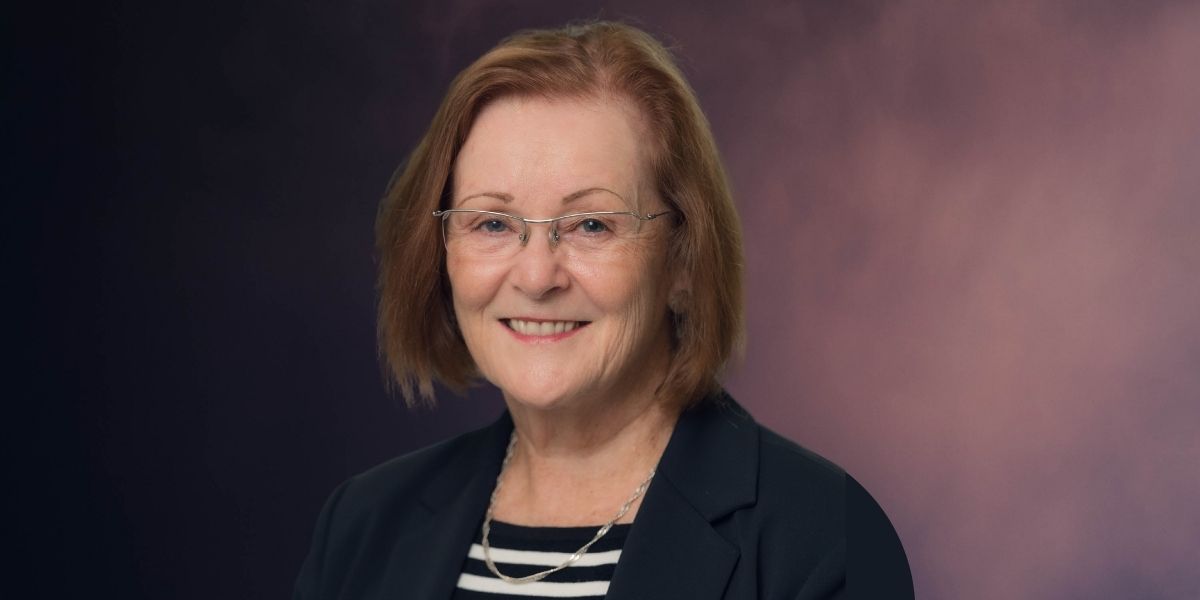Careers and Motherhood: An Interview with Edie Dullaghan of adMare BioInnovations
Back to Posts
We recently sat down with Edie Dullaghan, BSc., PhD, the Scientific Program Director of adMare Academy at adMare BioInnovations to discuss the occasionally unsettling experience of transitioning from a career woman to a working mom.
It can be very difficult for women to continue their careers after kids. How was your journey?
There were definitely ups and downs. My daughter was found to have a rare form of vasculitis when she was four years old. That made a huge difference to me, and I shelved the idea of studying so that I could be home with her until she was much stronger. This meant that I went back to my studies as a mature student. I don’t regret a minute of the time I spent as a stay-at-home mom.
Could you tell us about the challenges you faced during your STEM career as a mother?
I think when you have children, there can be times when we feel guilty because we want to explore the possibilities of having a career that we are passionate about. There was much juggling to do, but for me, the family always came first. So, committing to a career in science sat on the back burner for a while. I spent several years working in retail, and to be honest, the skills I learned there made my career development as a scientist easier. I learned to manage budgets, hire the right people for my team and be a productive team member. When life gives you lemons you must learn to make lemonade!
How was the work environment when you started your career? Being a woman and mother, did you get any support or benefits from your workplace?
I was bringing up my daughter at a time when many of my colleagues felt they could not take the break to have children. To interrupt your publication record was a real concern. It was more unusual to be trying to do both. I will say every post-doc that has ever approached me about the subject, and there have been many; I have encouraged them to go and have their babies. The job and the lab will still be there. I would never encourage someone to wait until later. I am so grateful to see that life for women in STEM has changed so much, especially here in Canada, where there is excellent parental leave allowed for new parents.
When did you realize that you would like to be supportive of non-governmental organizations (NGOs)? And what motivated you for that?
NGOs are typically a great resource when they are set up to support either educational, cultural, scientific, or environmental needs. It is an opportunity to give back and support programs established to help serve the community’s needs.
Which NGOs do you currently work with?
I have been involved with The Mastercard Foundation, which believes that everyone deserves the opportunity to learn and prosper. I have been a mentor to several students that are part of their Scholars Program. This excellent program has brought students from Africa to Canada and supports them through their BSc and MSc studies. NGOs are typically a great resource when they are set up to support either educational, cultural, scientific, or environmental needs. It is an opportunity to give back and support programs established to help serve the community’s needs.
You mentioned the Verna Kirkness foundation. What has your experience there been like?
Through my position as Head of Target Validation at adMare, I have been able to provide support to the Verna Kirkness Foundation since 2017 by mentoring young Indigenous students. Support from organizations like ours has allowed the Program to grow to an average of 130 students per year pre-COVID times. The results have shown that many Indigenous students now understand how a science degree can lead to many interesting career opportunities for them.
Do you think women should think out of the box? What would you like to recommend?
Much is changing. Society is changing, our voices have been heard, but now we have to embrace that fact and step out in self-belief, not listening to the negative voice that holds us back and tells us we do not belong in what was once a male domain. For example, the institute where I did my grad studies had to build toilets for the ever-increasing number of female scientists. At the time when it was built, it was not perceived to be a need. This is an exciting time for women in STEM.
What message would you like to pass along to any young girls in STEM?
Don’t fall prey to the Imposter Syndrome. This is the result of listening to that negative inner voice that tells you that you just aren’t good enough. Instead, find someone who believes in you and ask them to champion you. I found just such a champion who changed the trajectory of my career just because he believed in my abilities to do great science.
WATCH: BioInnovation Scientists Program for Young Scientists with Dr. Edie Dullaghan
